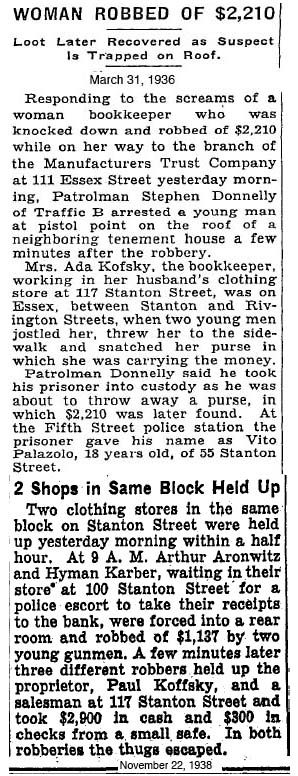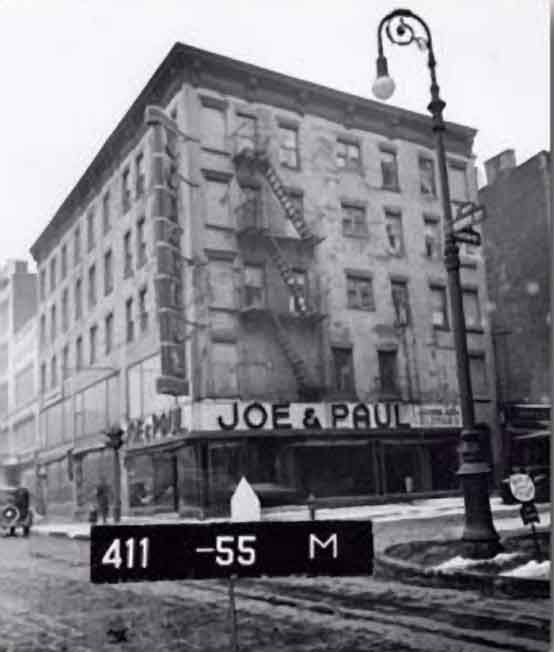The latin version from Pupi Campo
about Pupi who evidently is still with us
Pupi Campo was born in Havana, Cuba, on May 1st, 1920. Campo was born Jacinto Campillo, and was the second of five children: Georgina, Alejandro, Armando and Josephina. While dancing in a Havana nightclub in 1940, Campo was noticed by New York club owner, Irving Sussman. Sussman invited the young man to look him up if he were ever in New York City. Campo and his friend Armando Guin, began selling raffle tickets for a nickel the next day, and within a month, Campo took a boat called the Floridita to Miami, and was in New York and knocking on Mr. Sussmans door at the Eden Concert nightclub. Sussman introduced Campo (then Campillo) to the headliner: a young Cuban man named Desi Arnaz. Though the two had never met, Arnaz introduced Campo that night as his good friend from Havana. Campo asked the band to play a mambo, and he began to dance for the crowd. Sussman signed him to a six-month contract for $50 per week. Sussman suggested the name change for Campo as well, and after working as a solo act for some time, he met broadway star Diosa Costello. Costello and Campo were married for eleven years, and performed together. One night, when visiting Costellos good friend Carmen Miranda, columnist Walter Winchell—who was also visiting—suggested that Campo front his own band.




























